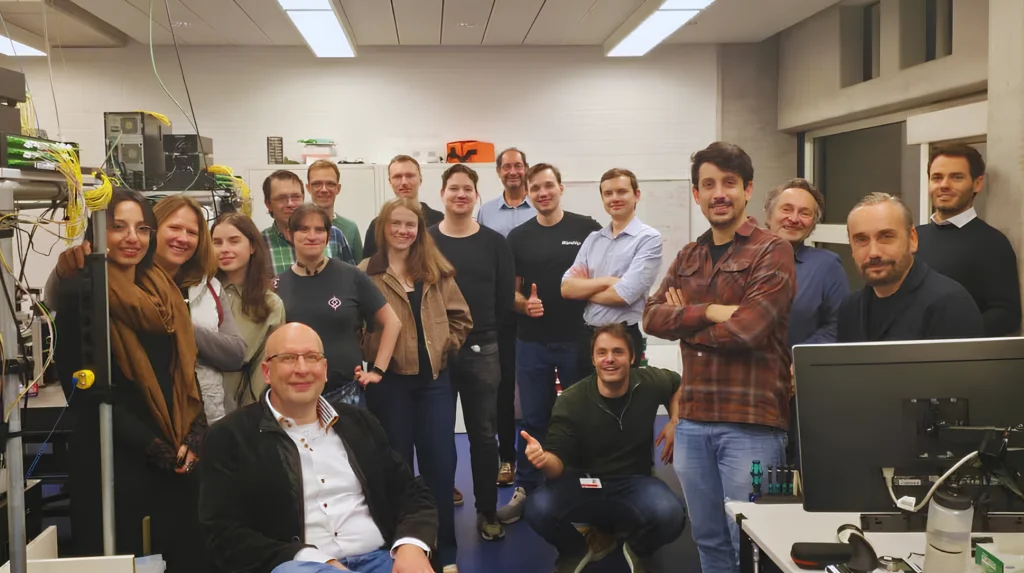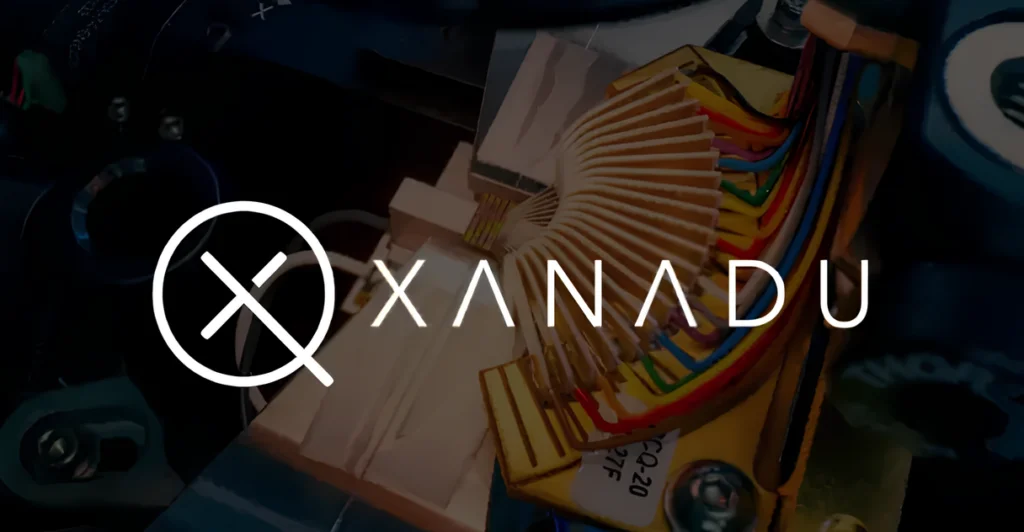
NVIDIA joined Google Quantum AI, IBM and other members of the quantum ecosystem to help speed up quantum research, according to a blog post.
NVIDIA announced at GTC 2021 that the cuQuantum software development kit was used to speed up simulations of quantum computers on classical system.
The NVIDIA team writes: “Quantum computing offers the promise of solving previously unsolvable problems in fields like drug development, climate research, machine learning and finance. The potential is great, but so are the challenges. Today’s quantum computers may be too small and error-prone to solve useful problems, and it’s not yet clear which quantum algorithms will provide advantages over today’s classical computers.”
Using classical computers to test quantum algorithms would give scientists a head start in designing these complex algorithms and to make sure the ones with the highest likelihood of success are prioritized, the team added.

The company’s cuStateVec is an accelerator for the state vector simulation method, an approach that tracks the system’s full state in memory and can scale to tens of qubits. A second library cuTensorNet, an accelerator using the tensor network method and manage thousands of qubits, is expected in December.
CuStateVec is integrated into qsim, Google Quantum AI’s state vector simulator that can be used through Cirq, an open-source framework for programming quantum computers. Users can download cuQuantum and start using it today wherever they use Cirq, according to the post.
“Quantum computing promises to solve tough challenges in computing that are beyond the reach of traditional systems,” said Catherine Vollgraff Heidweiller at Google Quantum AI. “This high-performance simulation stack will accelerate the work of researchers around the world who are developing algorithms and applications for quantum computers.”
Read also: Superposition Guy’s Podcast — Catherine Vollgraff Heidweiller, Product Manager, Google Quantum AI
The company said that Oak Ridge, Argonne, Lawrence Berkeley National Laboratory and Pacific Northwest National Laboratory, university research groups at Caltech, Oxford and MIT, and companies including IonQ are integrating cuQuantum into their workflows.
Pasqal, a Paris-based quantum computing startup, purchased an NVIDIA DGX POD to perform massive simulations with cuQuantum with plans to apply it to accelerating work in areas such as drug design and smart mobility.
“The ability to perform powerful, large-scale simulations of quantum systems is vital to our work,” said Loic Henriet, CTO at Pasqal. “The combination of cuQuantum software with DGX A100 hardware will dramatically accelerate our progress.”
The first library from cuQuantum is in public beta, available to download.
If you found this article to be informative, you can explore more current quantum news here, exclusives, interviews, and podcasts.















